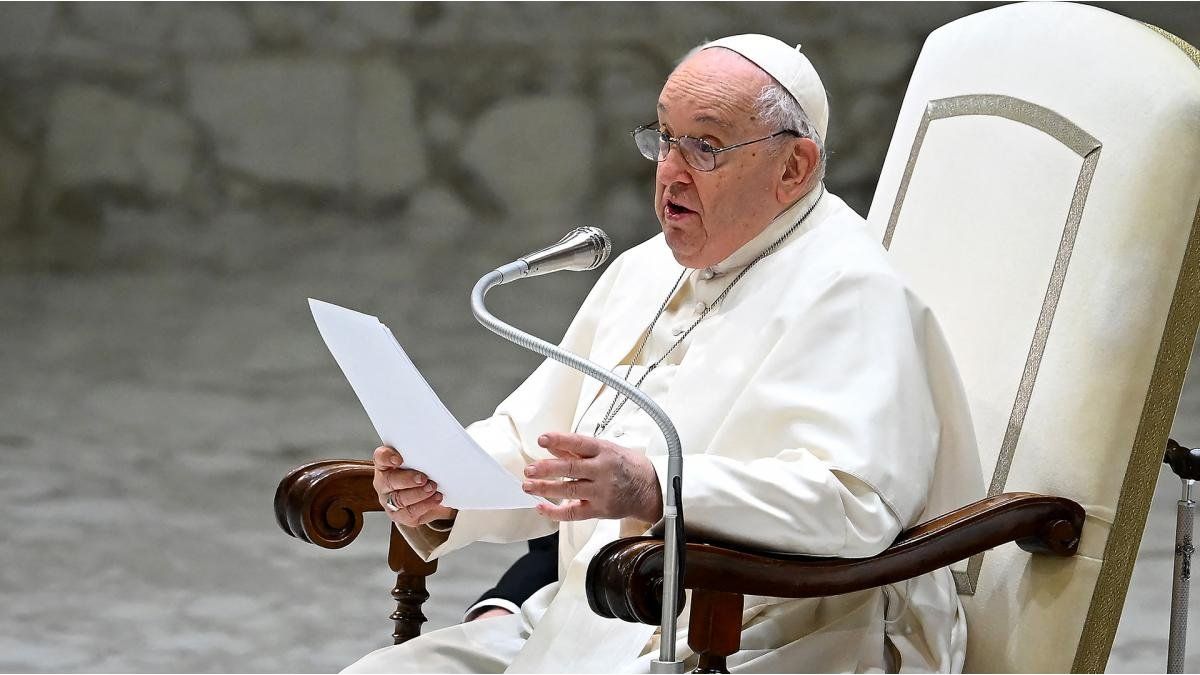Through a statement from Vaticanconfirmed that the Pope Francisco appointed a expert in Artificial Intelligence new member of the Pontifical Academy of Sciences. Is about Demis HassabisCEO of Google DeepMind, a company leader in the field of AI.
With this designation, the Church demonstrates a new sign of interest in Artificial Intelligence. Even a month ago, the Supreme Pontiff He referred to its use – as he has done on other occasions – and the risks it entails if it is used in disinformation campaigns.
pope francis 5.jpg
Pope Francis once again shows interest in Artificial Intelligence.
Who is the AI expert appointed by Pope Francis?
The British researcher appointed by the Pope as a new member of the Vatican’s scientific body will be together with the Nobel Prize winners in Physics Andrea Ghez and Didier Queloz. The businessman is 47 years old and has been awarded numerous awards. Additionally, he co-founded DeepMind in 2010, which was acquired by Google in 2014.
The company is leader in the field of AI She was the creator of the computer program Alpha Go and has commercial applications in simulation, online commerce and games.
With respect to the Pontifical Academy of Sciences, the body of which Hassabis will be a part from now on, it was founded in 1603 and is the body primarily in charge of the science, technology, bioethics and epistemology. Furthermore, its members They are not chosen by confessional criteria.
Pope Francis’ concern about the use of AI
In December, The Pope referred to Artificial Intelligence and insisted on the importance of ethics against “serious risks“linked to new technologies. In addition, last month he stated that disinformation campaigns produced by AI are a “serious problem“, and then claim an appropriate “human supervision“.
In that sense, The Supreme Pontiff once again warned about the dangers of AI and maintained: “The ability of some devices to produce syntactically and semantically coherent textsFor example, is not a guarantee of reliability“.
In addition, he made reference to the inappropriate use of these new technologies, which can generate statements that “are actually unfounded or reveal prejudices“. In that sense, he maintained that AI is one of the Vatican’s main concerns due to the ability to produce information.
Source: Ambito




